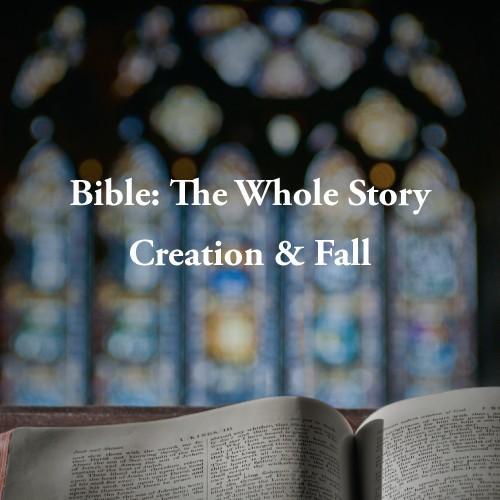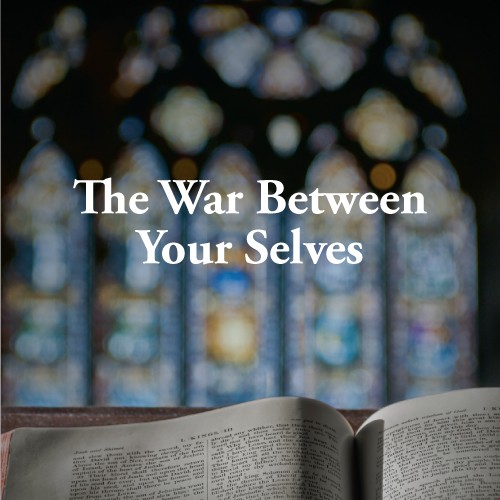
Sermon
Paradise Lost
Tim Keller | January 18, 2009
Overview
The Bible is a single story telling us what is wrong with the human race, what God is going to do about it, and how it’s all going to turn out.
Genesis 3 and 4 give us answers to what’s wrong with the human race and why the human race is so prone to selfishness, violence, wars, atrocity, and corruption all the time.
Let’s look at what the Bible has to say about sin. We learn four things: 1) the heart of sin, 2) the breadth of sin, 3) the depth of sin, and 4) the end of sin.



